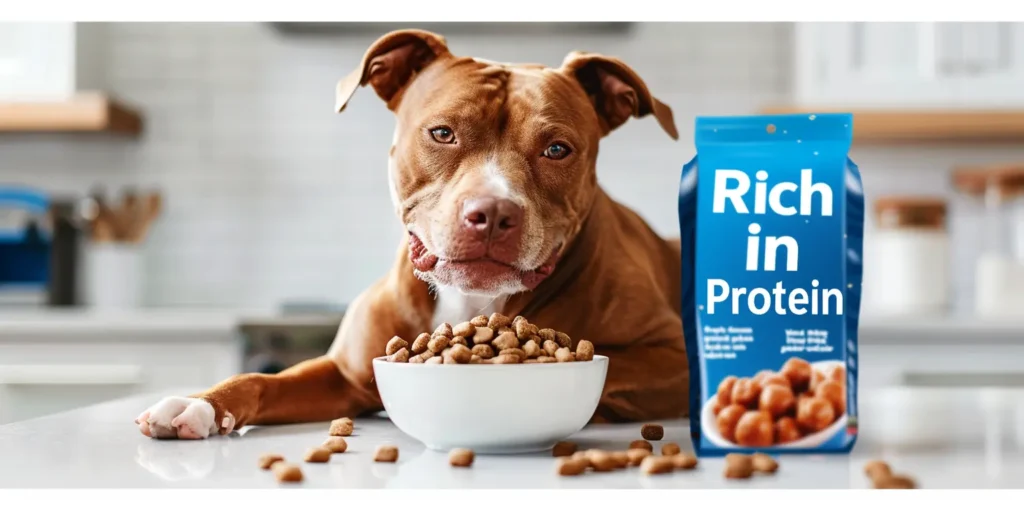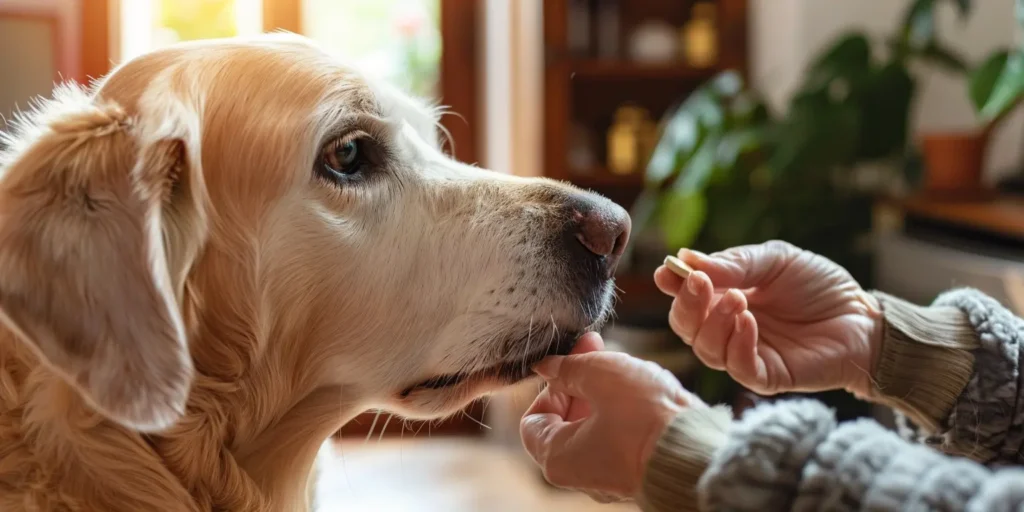As dogs age, their nutritional needs change. Adjusting a senior dog diet ensures they remain healthy and active. Let's explore how to provide the best nutrition for your aging pet.
Understanding Senior Dog Nutritional Needs
Senior dogs have different nutritional requirements compared to younger dogs. They need fewer calories due to decreased activity levels. However, they require more fiber to aid digestion and prevent constipation. Ensuring your senior dog gets the right nutrients is crucial for their health.
Switching to senior-specific dog food can help meet these needs. These formulas typically have lower calories and higher fiber. They also contain additional vitamins and minerals. Always consult your vet before making dietary changes.
Importance of Protein
Protein remains vital in a senior dog's diet. It helps maintain muscle mass, which tends to decrease with age. High-quality protein sources like chicken, fish, and beef are ideal. Senior dog food often includes these proteins in the right amounts.
Transitioning to a diet with adequate protein supports your dog's overall health. It also aids in maintaining their energy levels. Protein-rich diets can help prevent muscle loss and support joint health.

Managing Weight
Obesity can lead to various health issues in senior dogs. Monitoring your dog’s weight is essential. Overweight dogs are more prone to diabetes, arthritis, and heart disease. Adjusting portion sizes and choosing low-calorie foods can help manage weight.
Senior dog food often contains fewer calories to prevent weight gain. Feeding smaller, more frequent meals can also aid in weight management. Regular exercise remains important, even in older age. Gentle activities like short walks and light play keep your dog active.
Supplements for Senior Dogs
Supplements can support senior dog health. Glucosamine and chondroitin promote joint health. Omega-3 fatty acids help maintain a healthy coat and reduce inflammation. Probiotics support digestive health. Always consult your vet before introducing new supplements.
Transitioning to a senior dog diet with supplements can significantly benefit your dog's health. It addresses common aging issues like joint pain and digestive problems. Proper supplementation ensures your senior dog stays comfortable and healthy.

Monitoring Health and Diet
Regular vet check-ups are crucial for senior dogs. Vets can monitor your dog’s health and make dietary recommendations. They can also identify potential health issues early. Keeping a record of your dog's weight, activity levels, and diet changes helps track their health.
Adjusting your senior dog's diet based on their health status is essential. Tailoring their nutrition to their specific needs ensures they get the best care. Regular monitoring and adjustments can prolong your dog's healthy, happy life.

Conclusion
Adjusting the diet for senior dogs is vital for their well-being. Providing proper nutrition, managing weight, and considering supplements support their health. Regular vet check-ups and tailored diets ensure your aging pet remains healthy and happy.